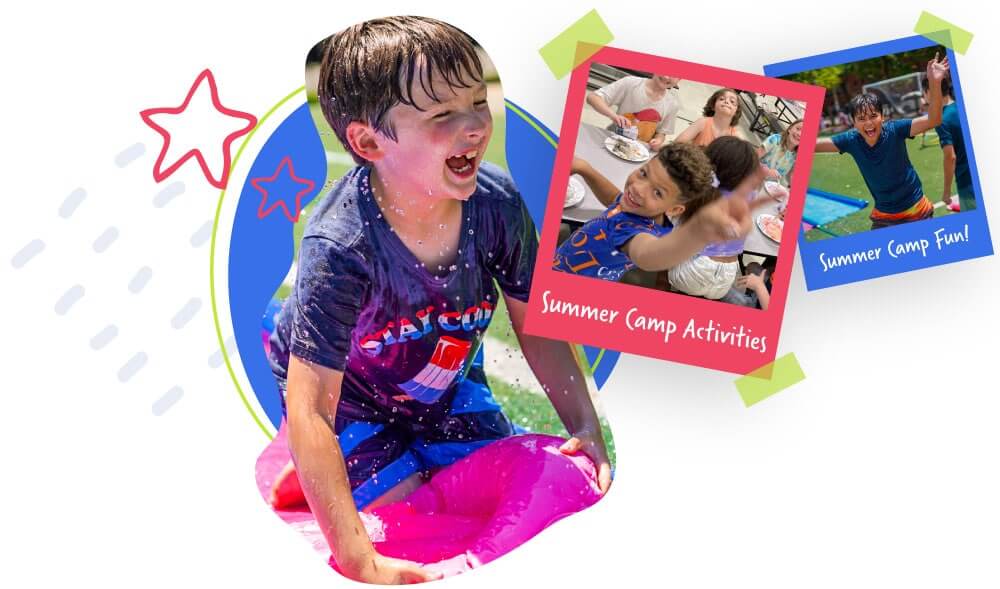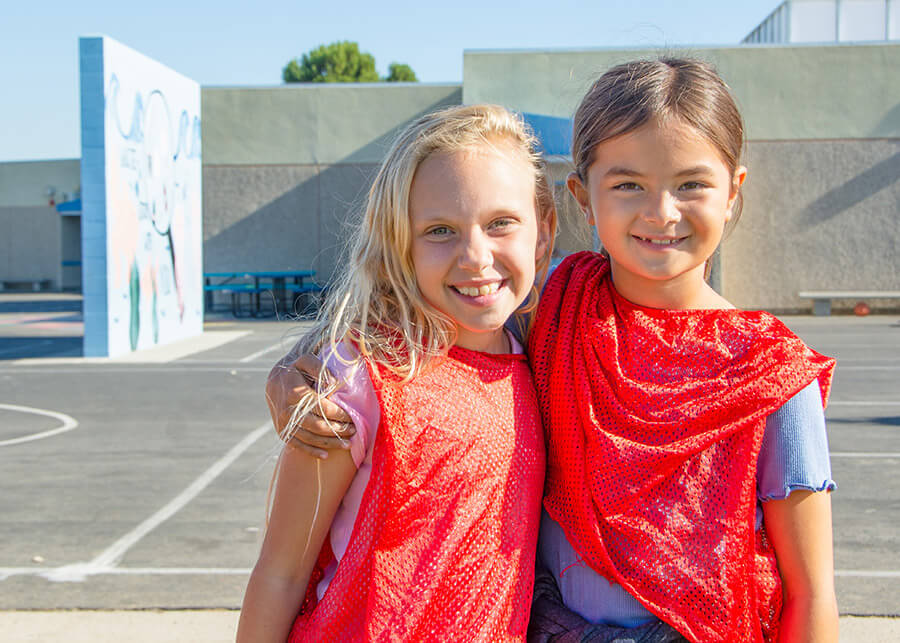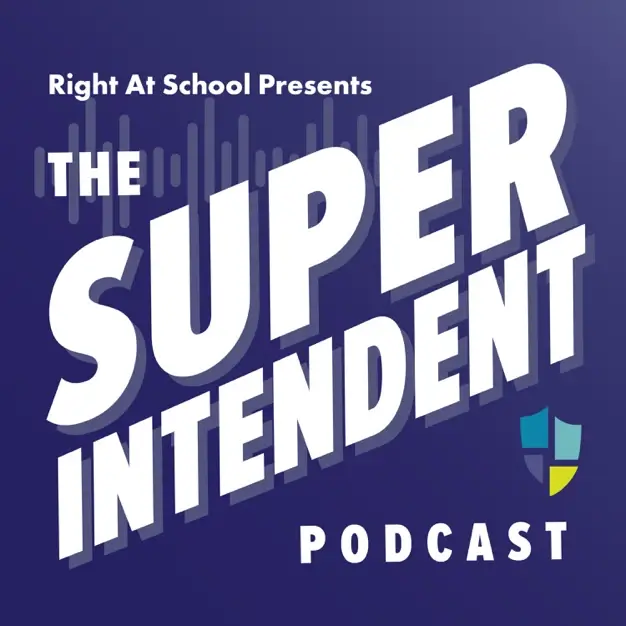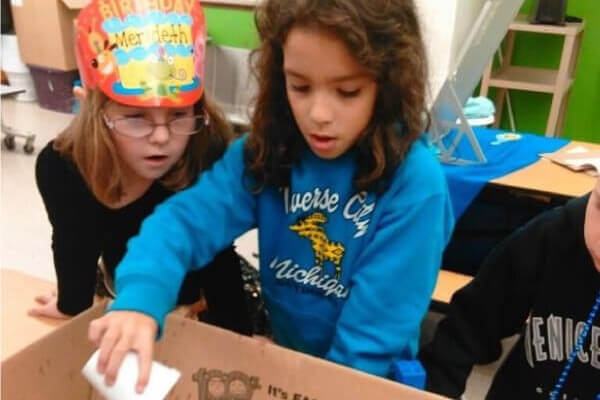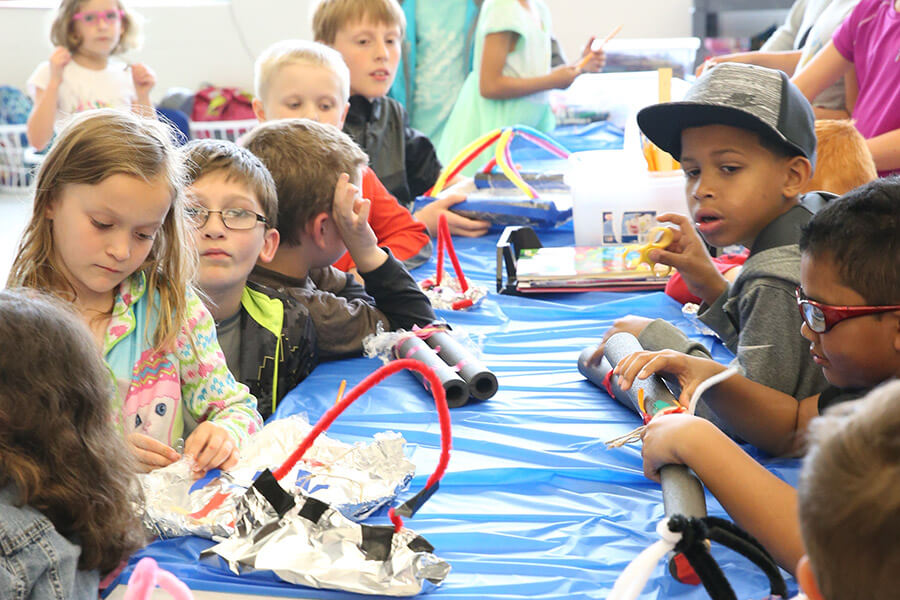Summer! For most students, that word means play, exploration, and fun. For schools and districts, summer means opportunity.
How summer enrichment programs can help
Summer enrichment programs can:
- Expand learning opportunities, give students more time to practice and reinforce academic skills, and prevent the summer slide.
- Provide the fun, engaging experiences that students look forward to all year long.
- Offer opportunities to build relationships and a sense of belonging they can carry into the next school year.
- Help students develop and strengthen soft skills such as collaboration, empathy, and other interpersonal skills.
All of these can bolster students’ academic and social confidence during the summer and beyond.
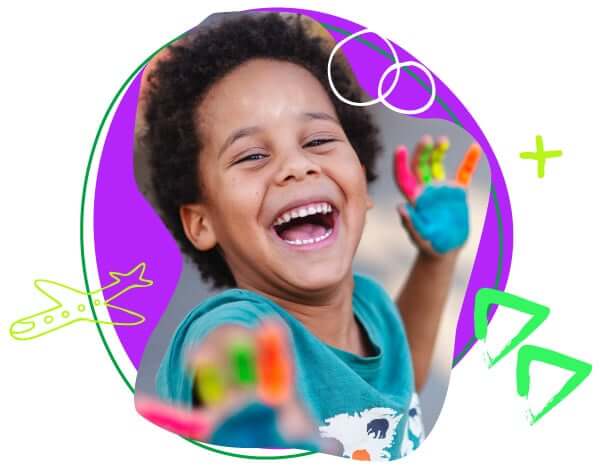
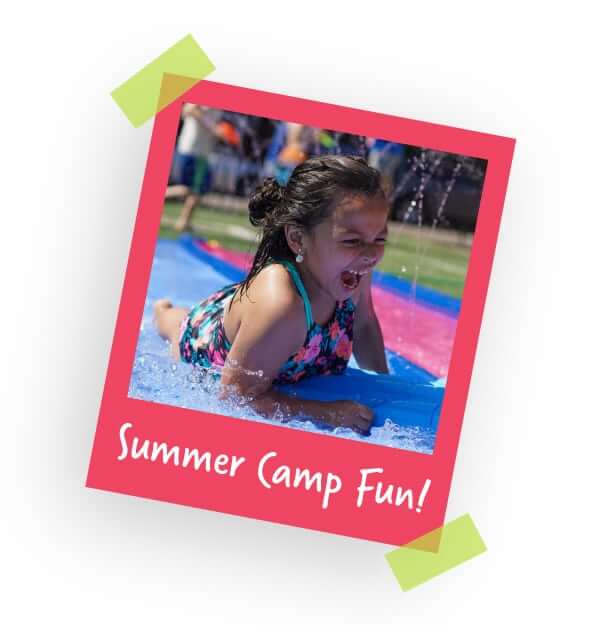
The benefits of summer programs
Research shows a number of benefits from summer programs.
- The Afterschool Alliance found that students who participated in summer programs academically outperformed their non-participating peers in math, language arts, and social and emotional skills.
- The Search Institute found that out-of-school-time (OST) settings — such as summer programs — outperformed schools and student support groups when it came to fostering high-quality relationships.
- A 2022 Edweek Market Brief reported, “Experts and educators point to summer school as a key window of time to address the learning students lost during the pandemic.”
- The U.S. Department of Education published a fact sheet citing summer learning as one of the “top strategies school districts are using to address missed instruction.”
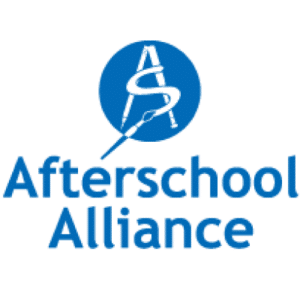
“Statistically significant differences were found in math achievement after the first summer, and math, language arts, and social and emotional skills after the second summer.”
— The Afterschool Alliance
Program components that make a difference
What makes for an effective summer program? The RAND Corporation’s research has revealed key program design components that advance students’ academic progress.
A pre-existing program curriculum aligned to the district’s vision and goals
Having a pre-existing summer curriculum saves busy educators from having to put together lessons. This provides them with time to review the curriculum to ensure that it is aligned to standards and that it addresses students’ needs, student and staff interests, and relevant school initiatives.
Program duration and attendance
A report from RAND and the Wallace Foundation found that the most successful summer programs last five weeks or more and that significant benefits accrued to students after 20 days of attendance. Enrichment activities and incentives were two of the options cited for encouraging attendance.
Inclusion of non-academic activities and experience
Summer is an excellent time to cultivate students’ love of learning. Enrichment providers can help schools provide activities that enable students to develop or find personal interests and build interpersonal skills. Additionally, effective programs incorporate physical activities to expend children’s energy and boost their ability to focus. They also incorporate mental breaks so children can process what they’ve learned and recover cognitively.
Careful planning for the integration of academics and enrichment
Researchers for the RAND and the Wallace Foundation found that the best examples of integration were enrichment activities that had naturally-embedded academic content.
How Right At School supports summer learning
Right At School Summer Camps provide meaningful, joyful enrichment experiences that keep students engaged in fun-filled learning, physical fitness, and social emotional development. Each program is unique, as the activities and schedule are tailored to meet the needs and goals of each district.
Having a partner who can handle program implementation (e.g., staffing, structure, safety protocols, curriculum, and supplies) and administration (e.g., marketing, parent communications, registration, and payments) is also helpful for districts dealing with staffing shortages, or for busy leaders who don’t have time to take on another project.
Support summer programs with federal funds
To help support summer learning programs, educators can access resources such as Elementary and Secondary School Emergency Relief funds, including ESSER III or American Rescue Plan (ARP) ESSER.
Set students up for success
Summer enrichment can have a powerful impact on students’ academic knowledge and a variety of other skills. Children will return to their regular classrooms feeling excited and empowered to learn, play, and grow. If you’d like to learn more, you can access our new guide on summer enrichment or reach out and let us know.
